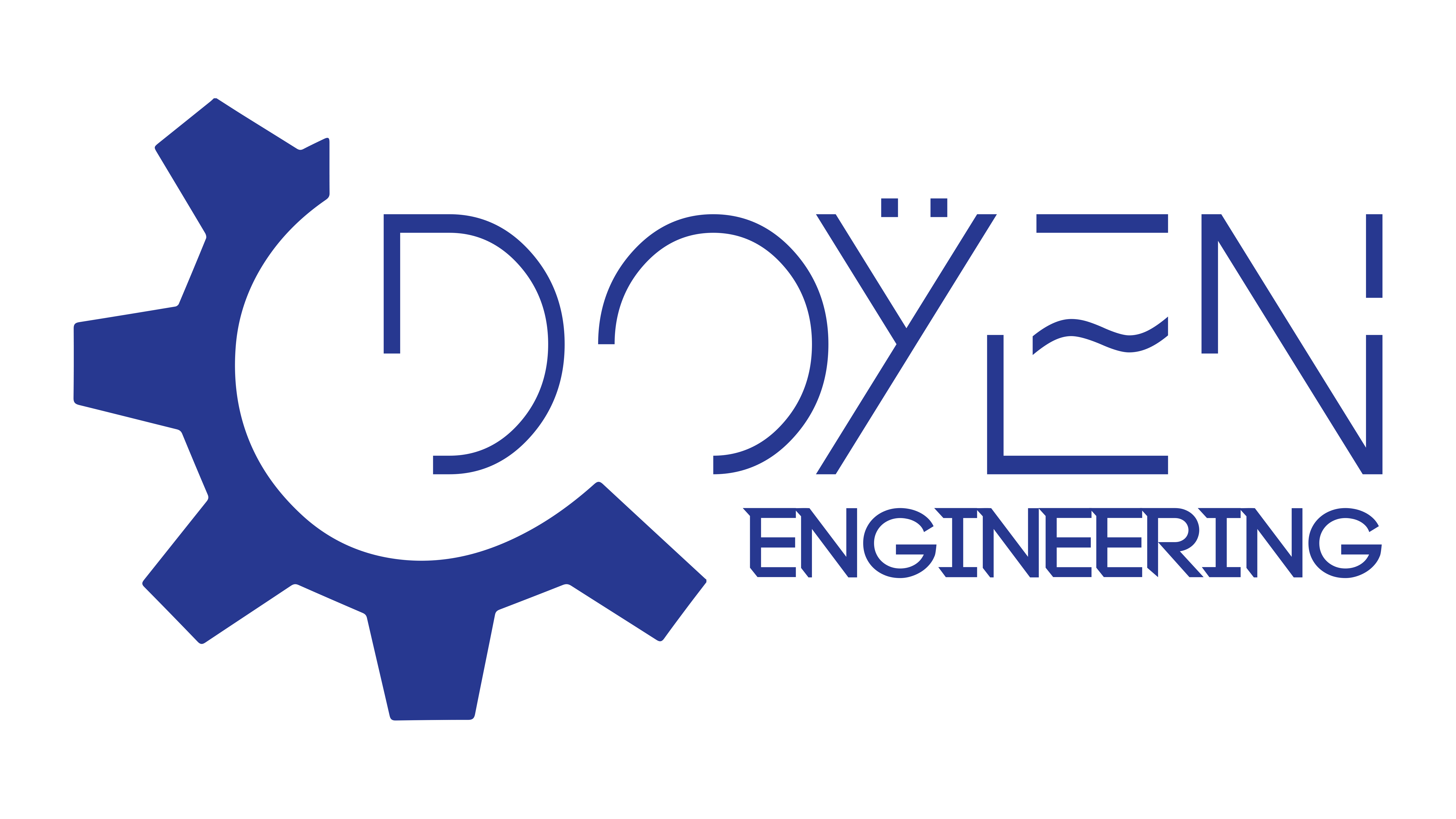
The Evolution of Electrical Engineering Careers
Historical Overview of Electrical Engineering
Electrical engineering has its roots in the late 19th century, evolving from early electrical experiments into a robust profession. Innovators like Thomas Edison and Nikola Tesla laid the groundwork, leading to monumental advancements in electrical systems. By the 20th century, the field expanded to include power generation, telecommunications, and consumer electronics, adapting to the rapid pace of technological development.
Current Trends in the Field
Today, electrical engineering encompasses a mix of traditional and cutting-edge technologies. Some current trends include:
- Integration with IT: Merging electrical engineering with information technology for smarter devices.
- Sustainable Energy Solutions: Focusing on renewable energy sources like solar and wind.
- Automation and Robotics: Increasing use of automation in manufacturing processes.
Professionals in the field are now more versatile, often collaborating in multi-disciplinary teams to innovate and adapt to emerging challenges.

Skills and Qualifications for Future Success
Technical Skills Required
As the landscape of electrical engineering continues to evolve, certain technical skills are becoming increasingly vital. Engineers should be proficient in:
- Circuit Design: Understanding and designing complex circuits.
- Programming Languages: Familiarity with languages like C++, Python, and LabVIEW.
- Simulation Software: Proficiency in tools such as MATLAB and Simulink for modeling.
These skills are not just beneficial; they’re essential for tackling modern engineering challenges effectively.
Soft Skills and Professional Development
In addition to technical expertise, soft skills are crucial for engineers to thrive. Attributes like effective communication and teamwork facilitate better collaboration across disciplines. For example:
- Problem-Solving: Ability to think critically and creatively in high-pressure situations.
- Adaptability: Being open to learning new technologies and methodologies.
Investing in professional development through workshops and networking can also lead to new opportunities in this dynamic field.

Emphasizing predictive maintenance in manufacturing to prevent failures.
These advancements are not only enhancing efficiency but also driving innovation in product design.
Renewable Energy Technologies
Meanwhile, renewable energy technologies are at the forefront of sustainable engineering. With the growing concern about climate change, electrical engineers are pioneering solutions like:
- Solar Power Systems: Developing efficient photovoltaic panels.
- Wind Energy: Designing turbine technology for greater output.
By embracing these technologies, engineers are playing a crucial role in transitioning to a greener future, creating opportunities for new careers dedicated to sustainability.

Adapting to Industry Changes
Lifelong Learning and Continuing Education
In the fast-paced world of electrical engineering, lifelong learning is not just beneficial; it’s essential. Engineers must stay updated with emerging technologies and industry standards. Opportunities for continued education include:
- Online Courses: Websites like Coursera and edX offering specialized certifications.
- Webinars and Workshops: Engaging in hands-on learning experiences.
For example, an engineer might take a course on machine learning to better integrate AI into their projects, staying ahead in a competitive market.
Networking and Building Professional Relationships
Equally important is the art of networking. Building professional relationships can open doors to new job opportunities and collaborations. Effective strategies include:
- Attending Conferences: Participating in industry events to meet experts and peers.
- Joining Professional Organizations: Becoming a member of groups like IEEE fosters connections.
Sharing experiences and insights with fellow engineers not only enhances one’s knowledge but also strengthens community ties in this evolving field.

Career Paths and Opportunities in Electrical Engineering
Specializations within the Field
The diverse nature of electrical engineering offers various specializations to tailor a career path. Some prominent areas include:
- Power Engineering: Focused on generation, transmission, and distribution of electricity.
- Control Systems: Working on automation and robotics to improve processes.
- Embedded Systems: Designing and developing computer systems within larger mechanical systems.
Each of these specializations allows professionals to leverage their unique skills in different domains, shaping their future in exciting ways.
Global Job Market Trends
The global job market for electrical engineers is flourishing due to rapid technological advancements. Key trends include:
- Increased Demand for Renewable Energy Experts: As sustainability becomes a priority.
- Growth in IoT-Connected Devices: Creating opportunities in software and hardware integration.
For instance, an electrical engineer focused on renewable energy may find abundant job openings in both startup and established companies, reflecting the industry’s shift toward greener technologies. Embracing these trends can pave the way for a prosperous career.






